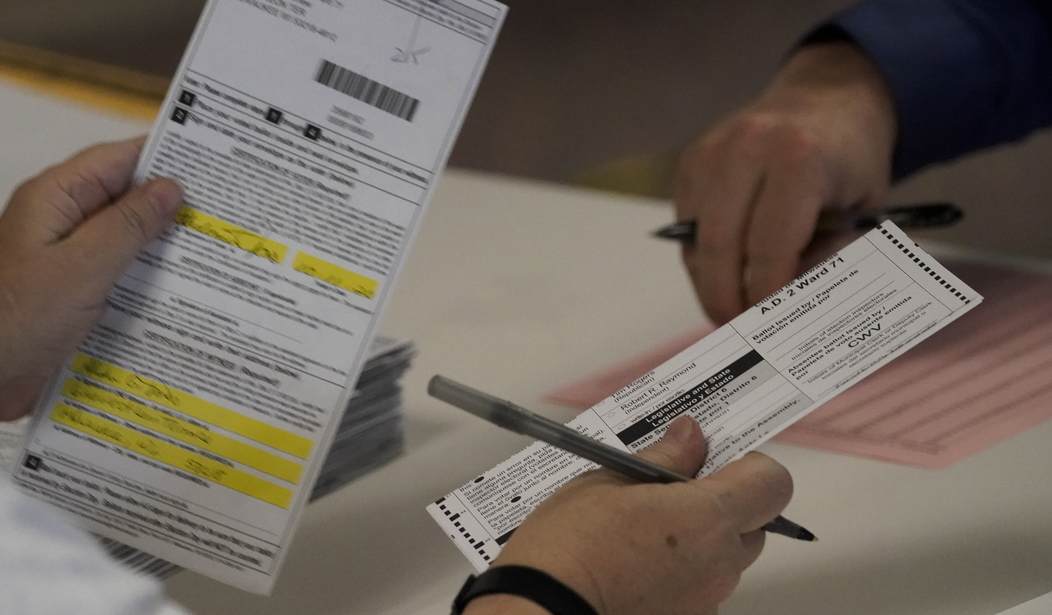Earlier this week, Wisconsin election officials reported that they had removed more than 205,000 voters from the voter rolls “as part of routine work to keep the state’s registration lists up to date,” according to a report from the Washington Times.
Joe Biden’s state-certified victory in Wisconsin was by just over 20,000 votes. Naturally, Donald Trump is wondering what took so long.
“Wisconsin has just canceled 205,000 voter registrations because they say they could not find the voters,” Trump said in a statement. “Why did they wait until AFTER the election?”
It’s a good question—an important one. And the answer may not be comforting, but it explains a lot. The Wisconsin Elections Commission was sued back in 2019 over alleged violation of Wisconsin state law for failing to deactivate thousands of ineligible voters. The Wisconsin Election Commission was found in contempt by a Wisconsin judge in January 2020 and was ordered to purge the inactive voters from the voters or be fined each day it didn’t. But the Wisconsin Supreme Court chose not to take up the case, meaning the case would be further litigated in lower courts and likely not be resolved until after the 2020 presidential election.
Which is exactly what happened. The commission voted in the summer of 2019 not to deactivate flagged voters until after the statewide election on April 2021—a convenient period of time after the 2020 presidential election. With the help of the state supreme court, they managed to pull off the delay.
“Would this mean that we would have won Wisconsin?” Trump asked.
It’s a good question. And a very much legitimate one. But, while that cannot be proven without a thorough investigation, an investigation might be coming soon. A forensic audit, like which took place in Arizona and is currently underway in Fulton County, Georgia, and Pennsylvania, has been called for in Wisconsin by state Rep. Timothy Ramthun (R-Campbellsport).
“As a servant of the people of Wisconsin, I call upon my fellow lawmakers to acknowledge the people’s concerns for transparency and specificity into our election audit efforts by defining what a cyber-forensic audit entails,” Ramthun said in a statement earlier this week. “If we do not address this issue to a level that satisfies the citizens of Wisconsin, we will be the ones to blame for not doing so.”
“In light of recent events, all current audit efforts in Wisconsin do not have the specifics to satisfy the public’s doubts in those processes. The adversarial nature surrounding this subject is deflecting from our duty to uphold our republic, and we should be unified in this endeavor!” Ramthun continued. “Regardless of the results, if we do not take a fully transparent, specifically-defined cyberforensic action to satisfy the concerns of our citizens, there will never again be total trust in our elections process. As servants of the people, we must address their concerns.”
In addition to potential fraud, there’s the question of what kind of impact the Mark Zuckerberg-funded Center for Tech and Civic Life (CTCL) had on the election. According to past reports, CTCL “injected chaos and unnecessary changes to how ballots were counted in Green Bay in November,” raising questions about improper influence.










